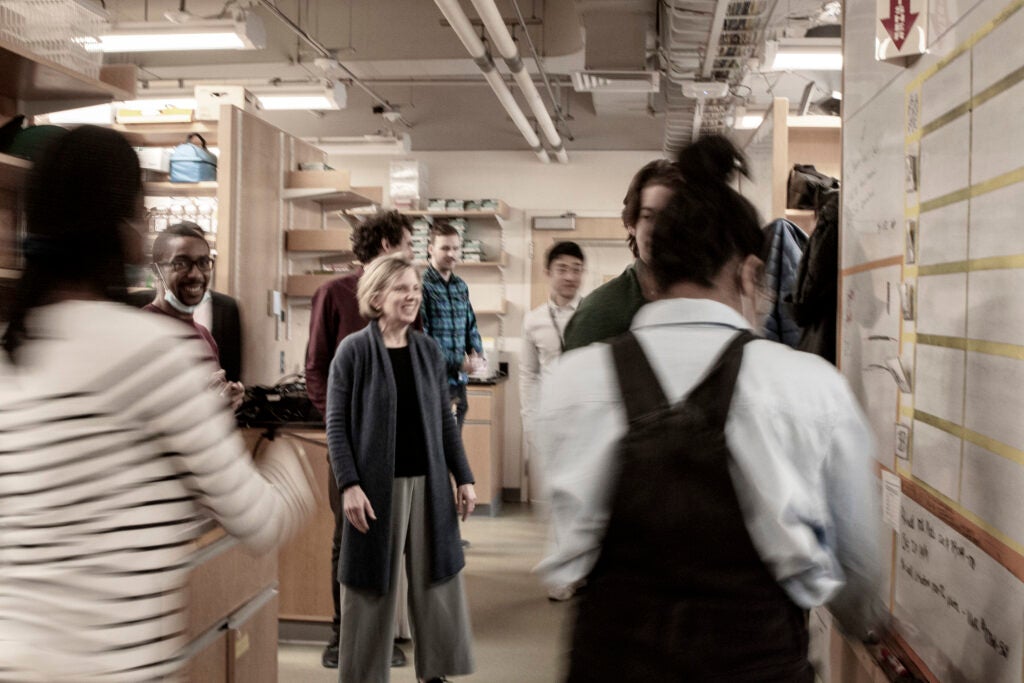Fortune Lab
In the Fortune lab, we seek to understand Tuberculosis (TB), which is caused by the bacterial pathogen Mycobacterium tuberculosis and is the leading cause of death due to an infectious disease. We aim to better understand the bacteria and its interaction with the host with the ultimate goal of one day eradicating TB.
665 Huntington Avenue, Building 1, Room 802
Boston, MA, 02115
Our Research
Why Study TB?
Tuberculosis (TB) is a leading global public health problem, with high morbidity and mortality in humans, which disproportionately affects marginalized communities worldwide. Until the COVID-19 pandemic, TB was the leading infectious cause of death globally, and in the wake of the pandemic, reduced access to TB diagnosis and treatment have resulted in an increase in TB deaths. Up to a quarter of the world’s population has been infected with Mycobacterium tuberculosis (Mtb), the causal agent of TB. Effective treatment of TB worldwide is further complicated by the emergence of multi-drug resistant tuberculosis (MDR-TB) and extensively drug resistant tuberculosis (XDR-TB), which are increasing in some regions. Improved understanding of Mtb from both the bacterial and host immune response axes are critical to development of improved diagnostics, therapeutic and vaccine development strategies

Our Projects
THi-IMPAcTB is a global consortium of researchers seeking to improve our understanding of host-pathogen interactions in tuberculosis. We apply high-dimensional technologies across animals and humans to understand the immunological host response to Mtb infection, which will enable new vaccine design.
We leverage natural variation in Mtb isolates to understand what makes some strains more fit and why. Population genetics and high-throughput approaches have revealed novel mechanisms of drug tolerance, selection on regulatory networks, and linked bacterial variation to disease outcomes.
We use Fc-engineering to optimize effector functions of monoclonal antibodies against Mtb. Identification of the immune component which interacts with restrictive antibodies to limit Mtb spread will help us understand how the humoral immune response works to limit TB disease.
TB needs a better vaccine. Our lab employs multiple strategies aiming to accelerate TB vaccine development and develop vaccine candidates with novel protection mechanisms. The overarching goal is to bridge basic science research with translational studies to combat TB.
Climate change is altering our public health landscape in unexpected ways. Using high-dimensional profiling of antibody responses and machine learning tools, the Antibody Observatory aims to track the emergence of new infectious diseases across populations and predict future epidemiologic trends.